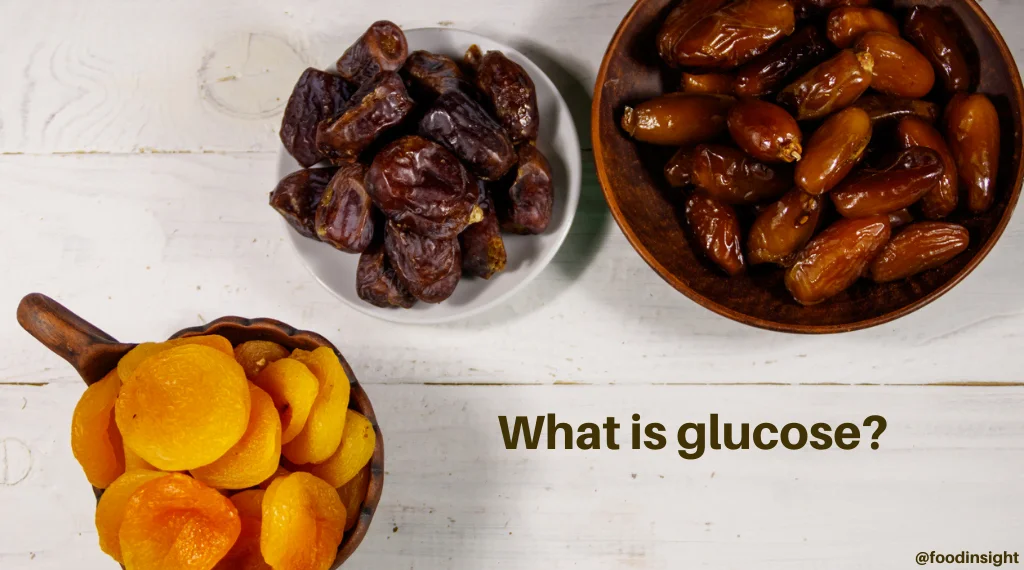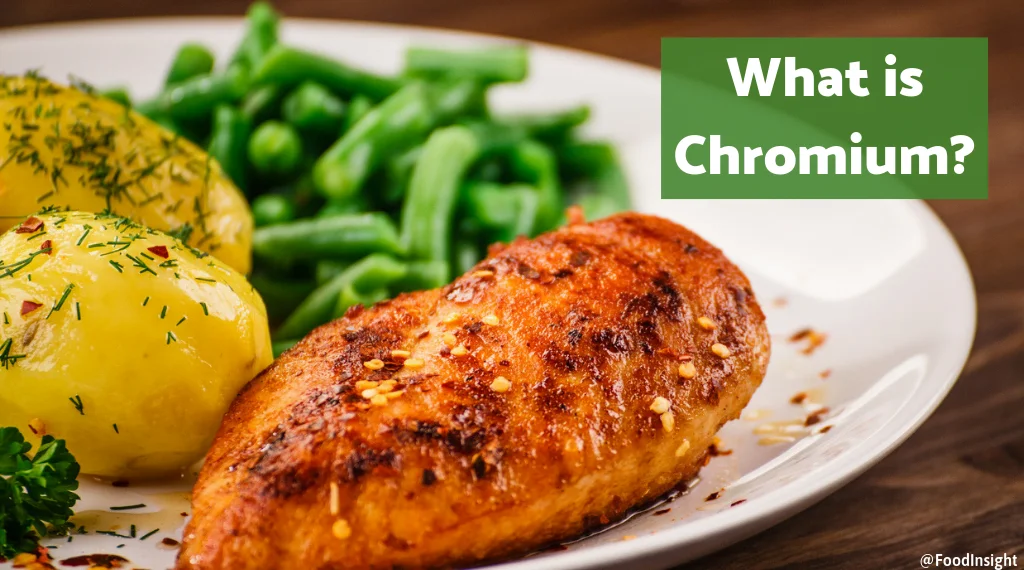
The role of protein in muscle development is widely known in a general sense, but the specifics of how or why the connection exists aren’t as widely known. To understand how one impacts the other, it’s important to first understand what happens to the body during exercise and the connection between muscle growth and protein synthesis. Further, the link between protein and muscle recovery is just as important. And if you’re looking to get more out of your active lifestyle, the details matter.
So, let’s get into those details. What is muscle exactly? What’s the connection between protein and muscle growth? How should you choose the right protein intake for muscle building? We’ll answer all of these questions and more below.
What is Muscle
Muscles are primarily made up of water and protein. We all use muscle – from actually doing things to involuntary functions. Protein is essential for physical strength, physical function, and overall health.
The type of muscle used to support movement is skeletal muscle, which is used to help everyday healthy adults do normal activities. It’s what helps us to move and engage in all physical activities from walking to playing sports. It plays an important role in life and mobility for both men and women.
Did you know? The muscular system accounts for a majority of a person’s total body weight with ~640 muscles.
Muscle Damage
Intense physical activity, like resistance exercise, can lead to microscopic damage or miniature tears in muscle fibers. This is a normal response. However, the degree to which the breakdown occurs will depend on how rigorous the activity is and the level of exertion. To build muscle, our bodies require two key elements: regular resistance / strength training and adequate protein. Together, over time, resistance exercise and protein may help to support muscle building.
Muscle Recovery
Adequate recovery time is important for muscle recovery. Put simply, you must allow muscles adequate time to recover to get the most out of any workout plan. People often think muscle recovery only happens after an activity, but in reality, muscle recovery is a 24-hour process that can take up to several days. The amount of time needed for muscle to recover depends on your body along with the type, duration, and intensity of your physical activity.
Protein and Muscle Recovery
Protein is also essential to help support muscle recovery. All proteins are made up of amino acids – nine of which are considered essential. All nine essential amino acids must be present in the body in order for muscle protein synthesis or muscle building to occur. Moreover, there are three essential amino acids which are classified as branched-chain amino acids (BCAAs): leucine, isoleucine, and valine. Leucine in particular helps to support muscle protein synthesis when taken over time with regular resistance training. But balance is the key. You should ensure that you have all nine of the essential amino acids on board to support muscle.
Choosing Protein
Complete proteins contain all the essential amino acids and contain varying amounts of the BCAAs. Complete proteins are generally derived from animal-based sources like chicken, turkey, beef, fish, pork, dairy, and eggs. One plant-based source that is considered complete is soy, from which products such as soy milk, soy yogurt, tempeh, tofu, and edamame are made. Most plant-based sources of protein such as beans, peas, lentils, nuts, and seeds are considered incomplete.
Both animal and plant-based proteins have benefits, but they supply varying amounts and ratios of amino acids. If you consume a variety of proteins, you can increase the spectrum of amino acids in your diet. If you are on a strict, plant-based diet, then it may take a bit more thought and effort to help ensure you are providing your body with what it needs. Fortunately, you can still obtain all the essential amino acids by combining a variety of incomplete proteins. After all, variety is always a good thing when building a smart and interesting diet!
Here are a few quick tips to help you get enough protein:
- Spread intakes of 20-40g of protein (per meal) throughout the day (including post-exercise)
- Choose complete, high-quality proteins to help support muscle protein synthesis
- Choose food first. When needs are unmet through food alone, supplements can be used.
Protein and Muscle
The benefits of protein for muscles are clear. To build muscle, your body requires regular resistance training and adequate protein. Ultimately, if your protein needs aren’t being met, then your body’s overall needs aren’t being met. Remember, protein can be found in both animal- and plant-based foods, and a variety of protein sources contribute to a richer and more complete diet.




